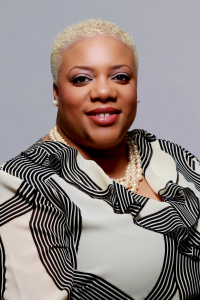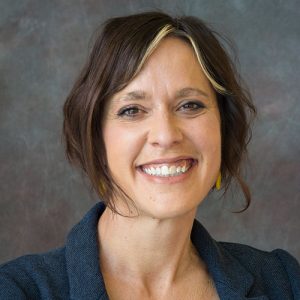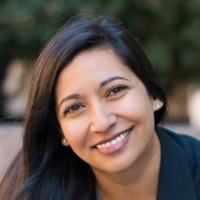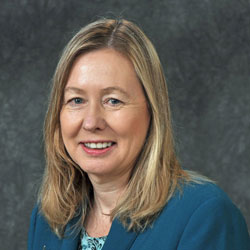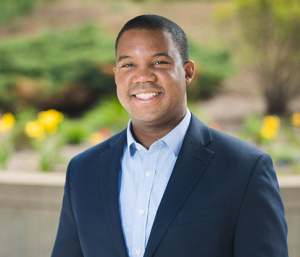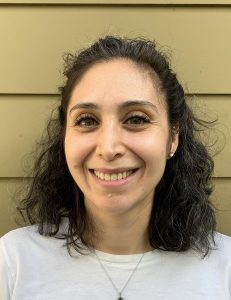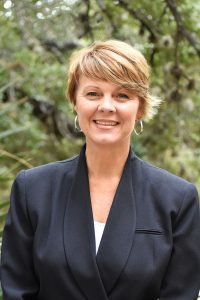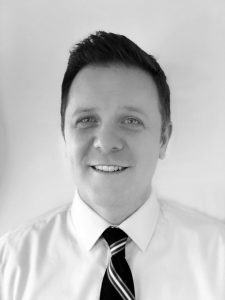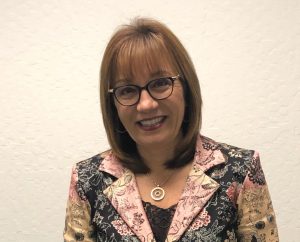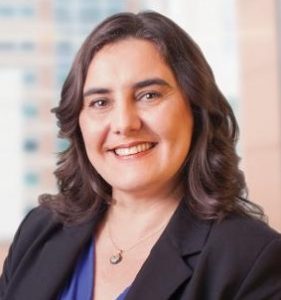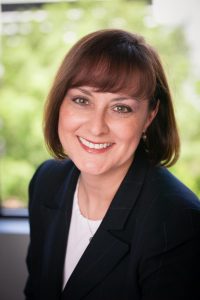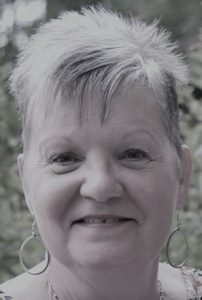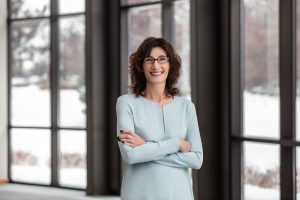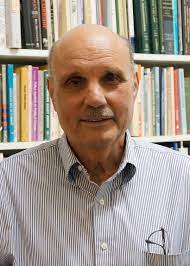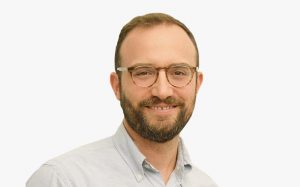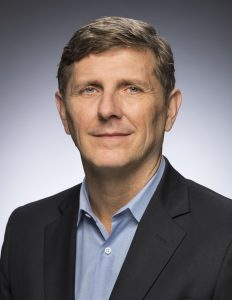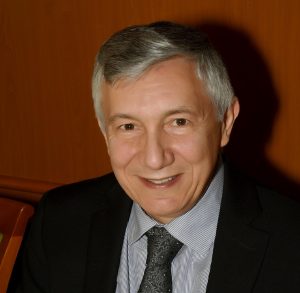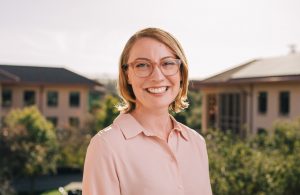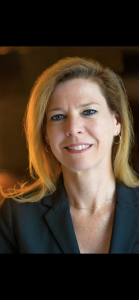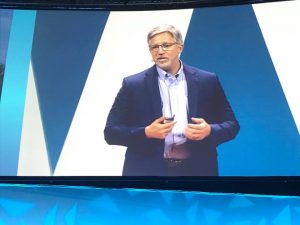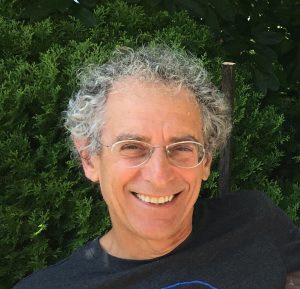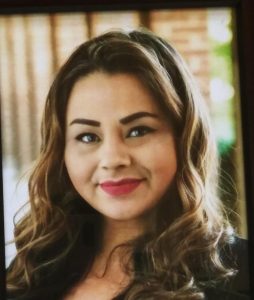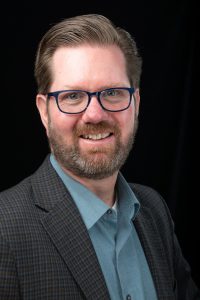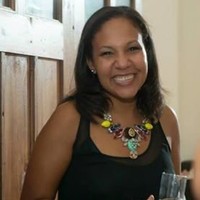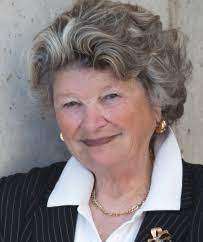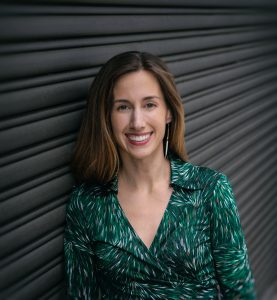How can we foster stronger connections between working learners, colleges, universities and workplaces?
Working learners have distinct needs and assets as students and employees, yet many schools and workplaces are not designed to best serve working learners and take advantage of their experiences and wisdom. The task of this workstream is to consider past, present and potential future ways of organizing and better integrating schools and workplaces in ways that give the needs and assets of working learners top priority.
Convener
Geleana Alston
resources
Hiring Working Learners
Northwestern University sociologist Lauren Rivera offers a concise brief on the importance of attending to the the assumptions, beliefs and behaviors of employers as they consider working learners at the point of hire.
University Extension as a Strategy to Serve Working Learners
UC-San Diego’s John Skrentny and Mary Walshok summarize the rich legacy of university extensions and suggest how they remain powerful tools for opportunity creation in the US today.
contributors
